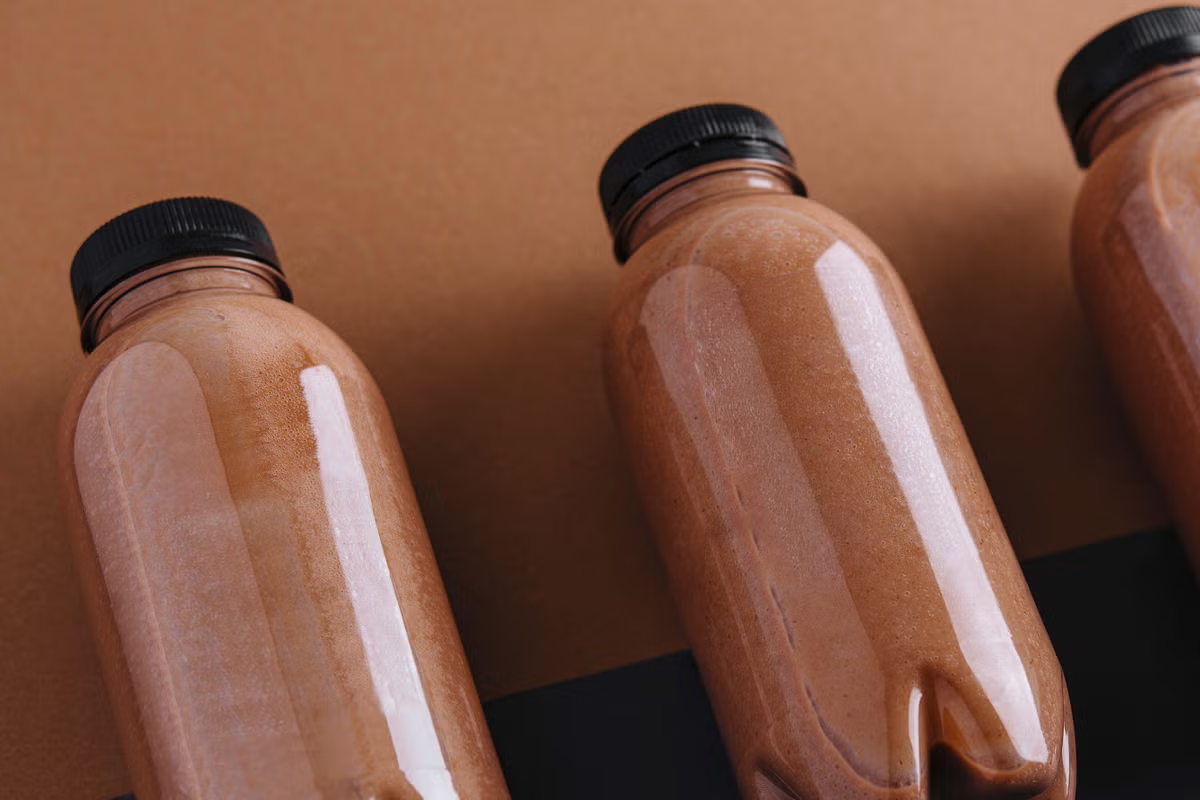Milkshakes and lattes to come under sugar tax rules – Streeting

For free real time breaking news alerts sent straight to your inbox sign up to our breaking news emails
Sign up to our free breaking news emails
Sign up to our free breaking news emails
Pre-packaged milkshakes and lattes will be subject to the sugar tax, the Health Secretary has announced.
Wes Streeting told the Commons on Tuesday the Government will end the exemption for milk-based beverages from the existing tax on sugary drinks.
The move will affect products such as packaged milkshakes, coffees and sweetened yoghurt drinks but not drinks made on site in cafes and restaurants.
Mr Streeting told MPs: “Obesity robs children of the best possible start in life, hits the poorest hardest, sets them up for a lifetime of health problems and costs the NHS billions.
“So I can announce to the House, we’re expanding the soft drinks industry levy to include bottles and cartons of milkshakes, flavoured milk and milk substitute drinks.”
Mr Streeting told MPs the Government would reduce the maximum amount of sugar allowed in drinks to 4.5g of sugar per 100ml.
The Government consultation had said ministers were looking at reducing this limit to 4g per 100ml.
“Mr Speaker, this Government will not look away as children get unhealthier, and our political opponents urge us to leave them behind,” Mr Streeting said.
Plain, unsweetened milk and milk-alternative drinks are not included in the levy.
Companies have until January 1 2028 to remove sugar or face the new charge.
The sugar tax, also known as the soft drinks industry levy (SDIL), is a tax on pre-packaged drinks such as those sold in cans and cartons in supermarkets.
It applies to manufacturers and was introduced by the Conservative government in 2018 to help drive down obesity, including among children.
According to the Treasury, children’s sugar intake in the UK is more than double the recommended maximum of no more than 5% energy from free sugar.
The existing levy has led to a 46% average reduction in sugar between 2015 and 2020 for those soft drinks that were to be brought under the rules.
Health minister Karin Smyth told Times Radio on Tuesday that “obesity is the major challenge of our health service for this generation”.
According to the Department of Health, the change could cut 17 million calories a day from the nation’s daily intake, helping to prevent cancer, heart disease and stroke, and take pressure off the NHS.
Mr Streeting said in a statement: “An unhealthy start to life holds kids back from day one, especially those from poor backgrounds like mine.
“We’re on a mission to raise the healthiest generation of children ever, and that means taking on the biggest drivers of poor health.”
The Government said businesses have consistently experienced increased sales of drinks over the time period of the existing sugar tax.
These products recorded a 13.5% rise in volume sales (litres) between 2015 and 2024, it said.
The new plans are expected to reduce daily calorie intake by around four million in children and 13 million in adults across England.
The Government said this could prevent almost 14,000 cases of adult obesity and nearly 1,000 cases of childhood obesity.
Katharine Jenner, executive director at Obesity Health Alliance, said: “Ending the exemption for sugary milkshakes and bringing more sugary soft drinks into the levy is a sensible and long-overdue step to protect children’s health – especially their teeth.
“The soft drinks industry levy has already removed billions of teaspoons of sugar from the nation’s diet without harming industry growth, proving that clear, consistent rules are effective.
“We now urge the Government to press on with implementing the rest of its NHS 10-year plan for health – helping to rebuild a food environment that supports children’s health rather than undermines it.”
Dr Kawther Hashem, head of research and impact at Action on Salt and Sugar, said: “Lowering the threshold from 5g to 4.5g per 100ml is a positive step, and expanding the levy to include milk-based drinks is particularly important.
“Some milkshakes still contain more sugar than a can of full-sugar cola, yet they have been allowed to sit outside a levy specifically designed to reduce high sugar content.
“Closing this loophole finally ensures that all high-sugar drinks are treated consistently, regardless of their ingredients.
“However, we had hoped the Government would go further. The consultation explored reducing the minimum sugar threshold to 4g, so it’s unclear why this has now risen to 4.5g.
“Our own submission showed a median sugar content of 4.2g/100ml in soft drinks. We found nearly three-quarters of drinks already fall below 4g/100ml, so today’s decision misses an opportunity to drive further meaningful reformulation.”
Sarah Woolnough, chief executive of the King’s Fund, said: “It is well known that when government sets clear statutory rules, industry responds fast.
“Far from limiting freedom for individuals, smart regulations like the milkshake tax expands it, enabling people to live more of their lives in good health.”



